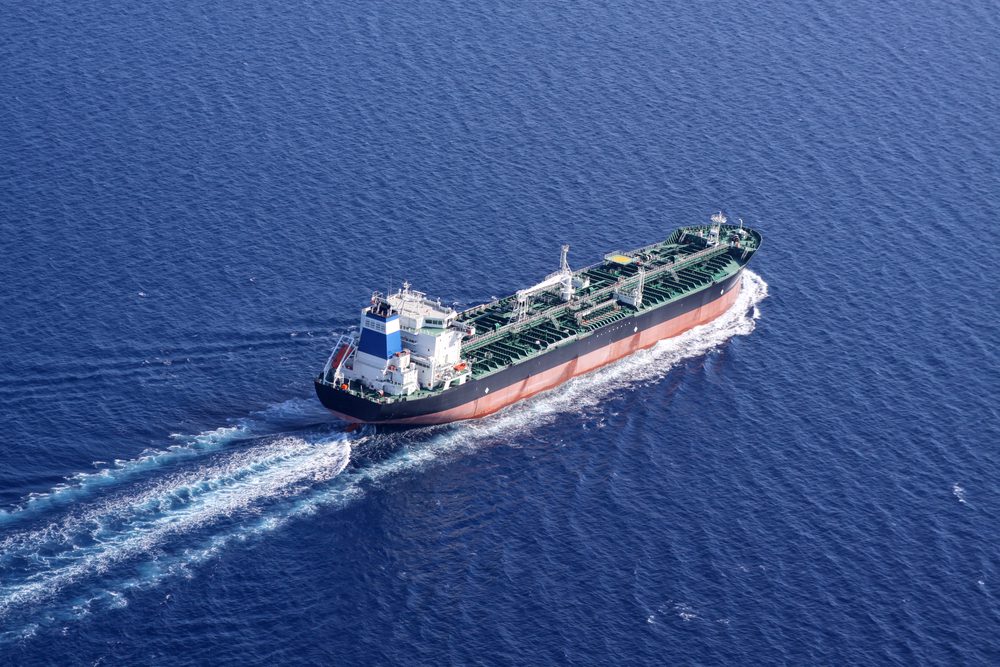Photo: Igor Karasi / Shutterstock
The explosion on the Enbridge natural gas pipeline on October 9, spectacular as it was, never drove the West Coast marine oil market to seek Jones Act waivers.
Although one oil major was contemplating Jones Act waivers, there was sufficient equipment in the Pacific Northwest and idle in the Gulf to meet any emergency supply needs.
In addition, the urgency of the situation was drastically diminished as Pacific Northwest refinery production was reduced for only a day and half as the 30” pipeline adjacent to 36” pipeline that exploded was brought on line. Refineries were able to bring their units back up to capacity although consumers were asked to cut back on demand to allow the refineries supply.
Therefore, given the availability of that equipment in the Pacific Northwest and the Gulf, plus the quick repair to the 30” line, Jones Act waivers were never requested.
The immediate marine demand following the explosion was gasoline from the Pacific Northwest into Portland and there was one reported spot requirement from San Francisco also into Portland. However, as the 30” pipeline relieved the demand for gas, the urgency of the two requirements into Portland diminished. Other vessels that had deviated due to the pipeline explosion reverted to their original destinations shortly after the second 30” pipeline came on line.
Gasoline prices on the West Coast spiked immediately after the explosion – Portland experienced an .11 cent a gallon jump, the highest in more than a year, and San Francisco saw a .05 cent a gallon spike. Relief in the spike due to the explosion is likely to reach the West Coast as nationally gas prices are coming off.
The Enbridge Pipeline connects to the Northwest Pipeline which supplies natural gas to the refineries in Anacortes, Washington. No one was hurt in the October 9th explosion.

 Join The Club
Join The Club











